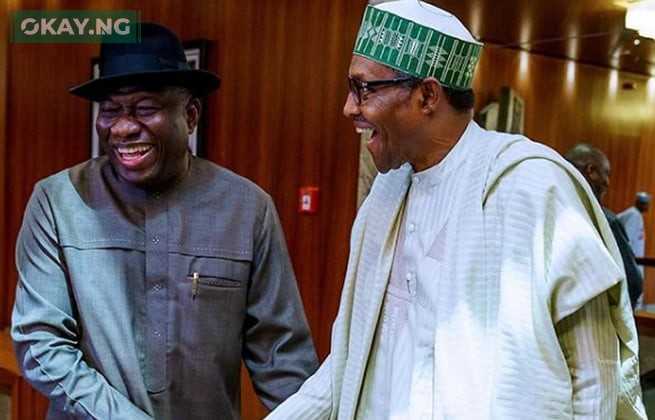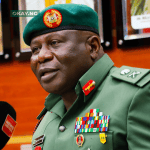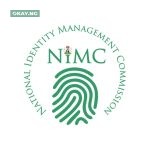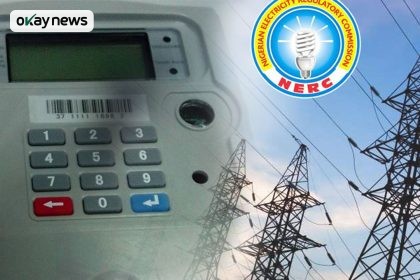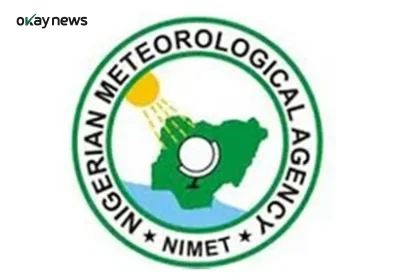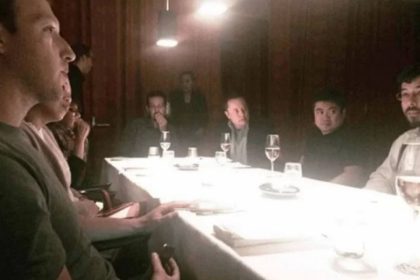Former President Goodluck Ebele Jonathan has dismissed reports suggesting that he accused the late President Muhammadu Buhari of having ties with Boko Haram, describing such claims as “a gross misrepresentation” of his comments on Nigeria’s security challenges.
In a statement issued on Saturday, October 4, 2025, by his Special Adviser on Media and Public Affairs, Ikechukwu Eze, Jonathan said his remarks during a recent discussion were taken out of context by sections of the media.
According to the statement, “The attention of the Office of Former President Goodluck Ebele Jonathan has been drawn to misleading reports suggesting that Dr. Jonathan alleged that Boko Haram nominated the late President Muhammadu Buhari to represent them in dialogue with the Federal Government, and therefore this made him somehow complicit in the Boko Haram crisis.”
Eze clarified that the former president never suggested or implied that Buhari had any connection with the insurgent group. “At no time did Dr. Jonathan suggest, imply, or insinuate that President Buhari had any connection with Boko Haram or that he supported the group in any form,” the statement read.
Jonathan’s office explained that his comments were made within the context of illustrating Boko Haram’s deceptive tactics in its early years, when the group often invoked the names of respected Nigerians without their consent to sow confusion and exploit political divisions.
“His reference was to a well-documented episode when various individuals and factions falsely claimed to represent the terrorist group and purported to name prominent Nigerians as possible mediators — without those individuals’ knowledge or consent,” Eze added.
The statement emphasized that Jonathan’s intent was to highlight the insurgents’ manipulative strategies, not to accuse anyone of complicity. “The point Dr. Jonathan sought to make was that Boko Haram, in its characteristic deceit, often invoked the names of respected public figures to sow confusion, exploit political divisions, and undermine public confidence in government,” it said.
Jonathan’s office further noted that the former president posed a rhetorical question during his remarks: “If indeed Buhari was their choice negotiator, why didn’t Boko Haram expeditiously bring their evil terrorist agenda to an end when the retired General became president?”
For the record, Jonathan reaffirmed his recognition of Buhari’s stance against terrorism, describing him as a patriot who also suffered attacks from the extremist group. “Dr. Jonathan recognizes that President Muhammadu Buhari, like every patriotic Nigerian, stood firmly against terrorism and was himself a target of Boko Haram violence,” the statement read.
Both leaders, the office added, shared a common goal of restoring peace and stability during their respective administrations.
The statement urged the public to disregard any distortion of Jonathan’s comments. “The Office of the Former President therefore urges the public to disregard any misinterpretation of his remarks. Dr. Jonathan remains committed to peace, unity, and the strengthening of democratic values in Nigeria,” Eze concluded.
Jonathan reaffirmed that Nigeria’s progress depends on “a truthful understanding of its challenges, not on the distortion of facts for political or sensational purposes.”


